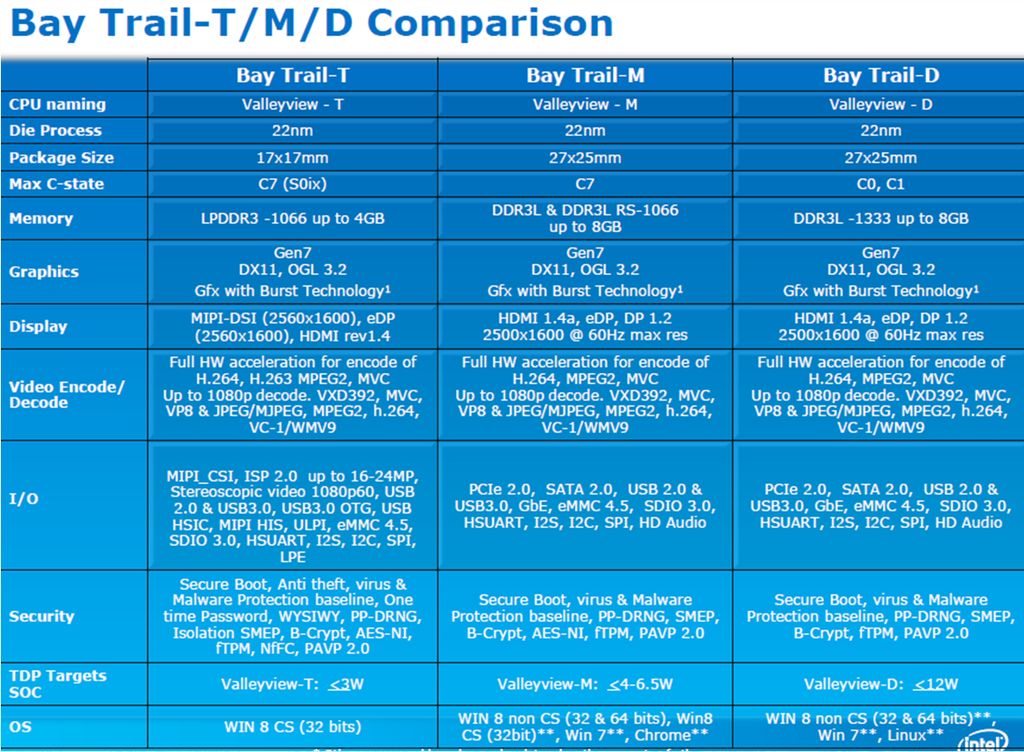Kristian mentioned but did not test DEVSLP in his Plextor M5M review
Testing was not possible because DEVSLP requires support from the chipset (or SoC), the SSD, and the operating system. Chip support may not have hit the market yet so testing was off the table. However, Kristian noted this feature is supported by Haswell.
DEVSLP enables a SSD "Device Sleep" state that requires less power than idle. From Kristian's review (as commented) the Plextor idles at 410 mw and Device Sleep state requires 1 mw. The cost is a 100 ms delay in startup from sleep. While a sub 0.5 watt savings is not interesting with a plug, I was curious whether DEVSLP might be help my router while it was running a P2P daemon at a moderate activity level with a 1 Mb/sec internet connection. I tracked disk activity every .01 sec period for a 10 sec duration and observed that my disk was idle 99.5% of the time (assuming a 100 ms recovery from sleep). Assuming 0.41 watt normal idle, DEVSLP might save me about 0.38 watts with the Plextor M5M in this application. A fast estimate of video using a conventional DVD rip played in Totem suggested about 60% disk idle time which might be worth 0.246 watt savings. I assume comparable benefits are available in a variety of operating systems though my observations were made under Debian Wheezy using iotop, amuled, and totem. Tablets are different from desktops and my methodology is questionable, but it looks like DEVSLP might be worth ~0.25 watts in a variety of situations such as browsing where you read pages (rather than run a benchmark). Given the recent mobile focus on low activity efficiency, some thought about "low activity" benchmarks might be helpful. The "Light Workload 2011" benchmark is way too heavy to capture this benefit.
While ~0.25 watts is less than tip money on a router, in tablets it means better battery life. DEVSLP is an industry standard promoted by SanDisk. Intel went public with DEVSLP support for Haswell and Bing is litered with referances to ARM SSD controllers implementing DEVSLP support. Ultimately, everyone benefits but I have seen nothing that indicates whether Intel or ARM will implement in mainstream (non Haswell) tablets this Xmas.
Game time for "ARM vs Intel" officially starts with the release of Silvermont at 22 nm. DEVSLP represents a significant dropped ball opportunity at the opening. In this niche a free ~0.25 watt matters. Any team on the field that uniquely does not support DEVSLP should be punished in the market for failure to support this industry standard resulting in worse battery life. I would be shocked if Intel fails to support DEVSLP on Silvermont but no announcement has been made. Is anyone knowledgeable whether ARM vendors intend to support DEVSLP in tablet chips (not SSD controllers) this Xmas? Other than dropped ball at open issue, everyone benefits. However, a dropped ball may move market share fast.
HTML:
http://www.anandtech.com/show/6722/plextor-m5m-256gb-msata-reviewDEVSLP enables a SSD "Device Sleep" state that requires less power than idle. From Kristian's review (as commented) the Plextor idles at 410 mw and Device Sleep state requires 1 mw. The cost is a 100 ms delay in startup from sleep. While a sub 0.5 watt savings is not interesting with a plug, I was curious whether DEVSLP might be help my router while it was running a P2P daemon at a moderate activity level with a 1 Mb/sec internet connection. I tracked disk activity every .01 sec period for a 10 sec duration and observed that my disk was idle 99.5% of the time (assuming a 100 ms recovery from sleep). Assuming 0.41 watt normal idle, DEVSLP might save me about 0.38 watts with the Plextor M5M in this application. A fast estimate of video using a conventional DVD rip played in Totem suggested about 60% disk idle time which might be worth 0.246 watt savings. I assume comparable benefits are available in a variety of operating systems though my observations were made under Debian Wheezy using iotop, amuled, and totem. Tablets are different from desktops and my methodology is questionable, but it looks like DEVSLP might be worth ~0.25 watts in a variety of situations such as browsing where you read pages (rather than run a benchmark). Given the recent mobile focus on low activity efficiency, some thought about "low activity" benchmarks might be helpful. The "Light Workload 2011" benchmark is way too heavy to capture this benefit.
While ~0.25 watts is less than tip money on a router, in tablets it means better battery life. DEVSLP is an industry standard promoted by SanDisk. Intel went public with DEVSLP support for Haswell and Bing is litered with referances to ARM SSD controllers implementing DEVSLP support. Ultimately, everyone benefits but I have seen nothing that indicates whether Intel or ARM will implement in mainstream (non Haswell) tablets this Xmas.
Game time for "ARM vs Intel" officially starts with the release of Silvermont at 22 nm. DEVSLP represents a significant dropped ball opportunity at the opening. In this niche a free ~0.25 watt matters. Any team on the field that uniquely does not support DEVSLP should be punished in the market for failure to support this industry standard resulting in worse battery life. I would be shocked if Intel fails to support DEVSLP on Silvermont but no announcement has been made. Is anyone knowledgeable whether ARM vendors intend to support DEVSLP in tablet chips (not SSD controllers) this Xmas? Other than dropped ball at open issue, everyone benefits. However, a dropped ball may move market share fast.



